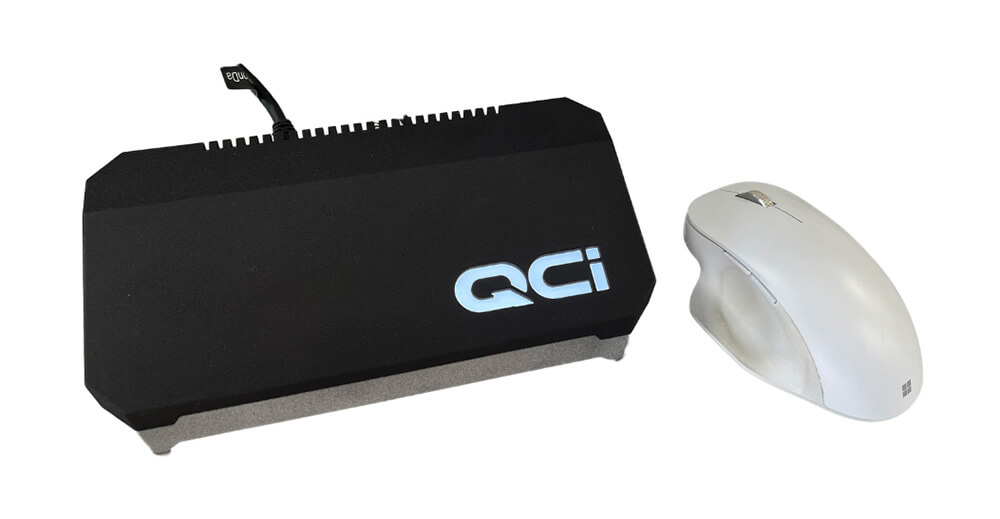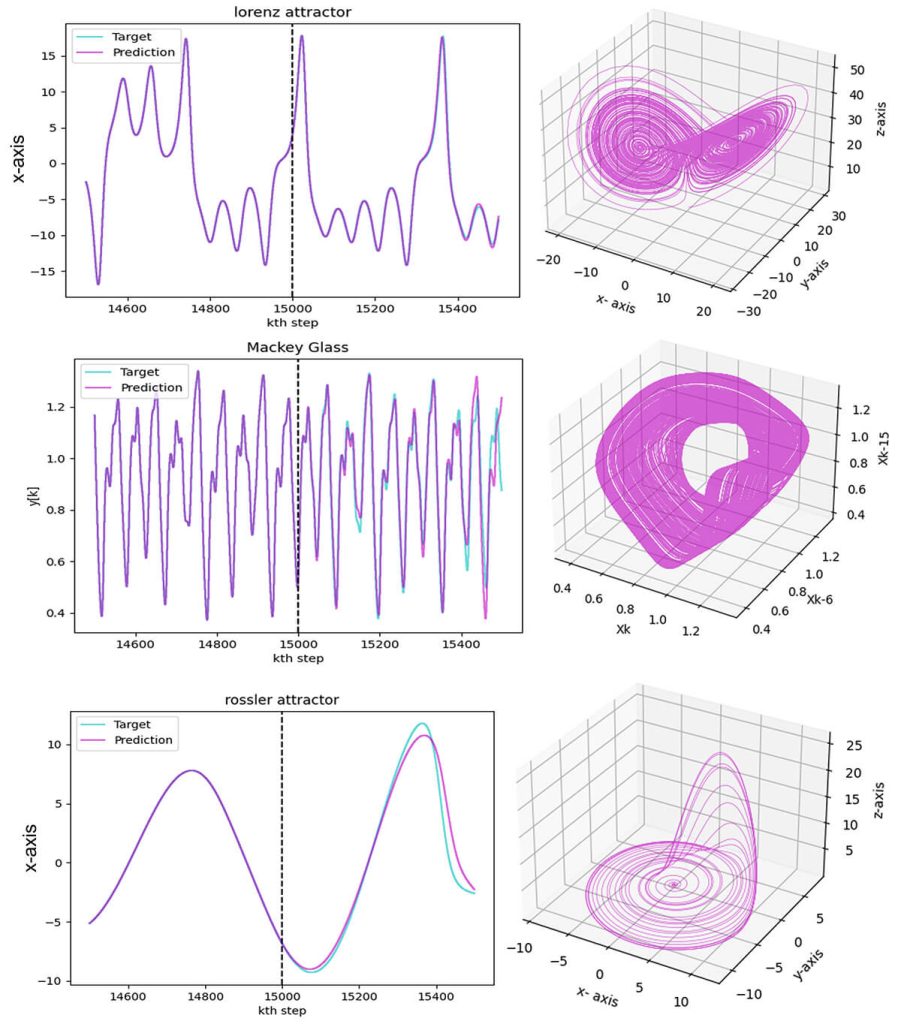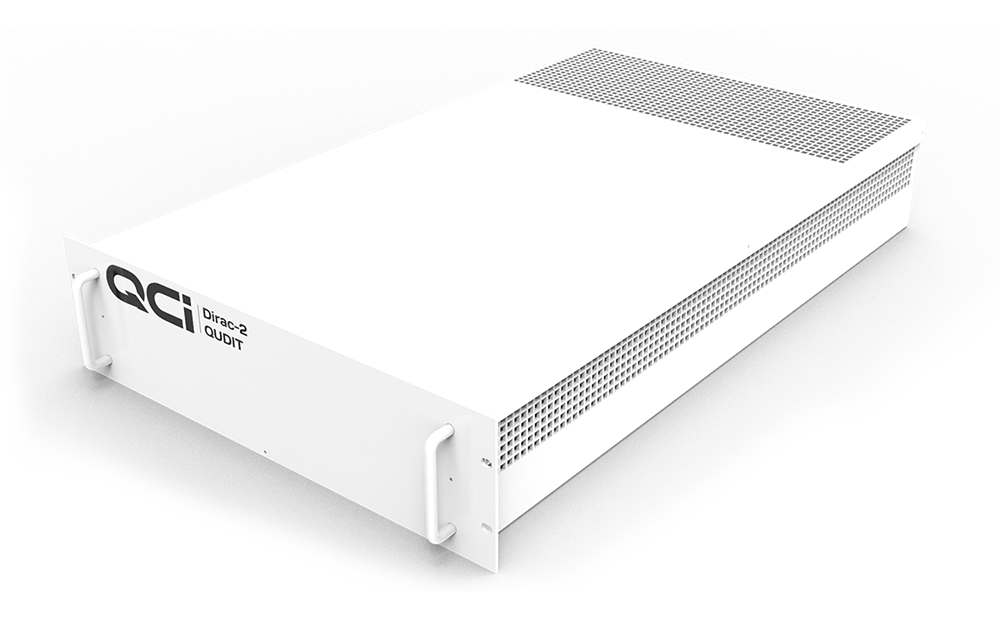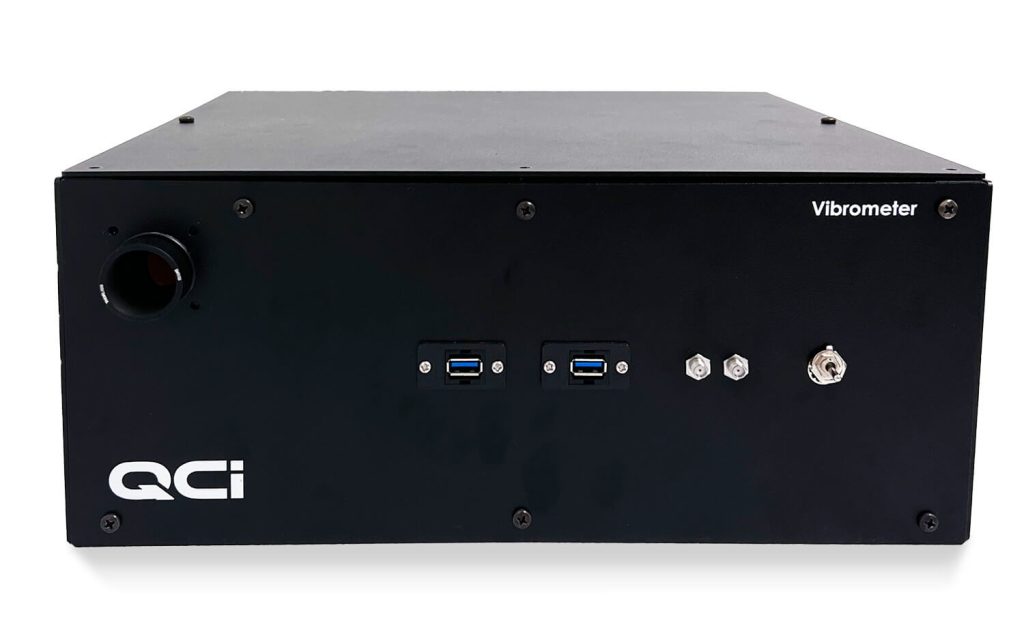Reservoir Computer
Making AI’s Expansion Sustainable
Reducing the growing costs of AI models with quantum and photonics.

High-speed affordable AI hardware
Artificial Intelligence (AI) depends on the fast expansion of computing power. Ultimately, data processing speed and computational power limit how intelligent an AI machine can become.
For example, ChatGPT consumes massive amounts of computing time and network bandwidth to process vast data sets and train its AI models, as well as massive amounts of energy. Its latest version (4) developed by OpenAI, required 100 trillion data parameters, $700K for hosting and serving a day, 34 days and $100M to train, 1287 MWh of electricity and the CO2 emission equivalent of driving 1.4 million miles*.
The first commercial reservoir computer
QCi’s first reservoir computing product is an edge device that is photonic-inspired, FPGA-based, and optimized for recurrent neural network applications.
It’s fast, affordable, energy efficient – and puts the power of a standalone edge computing solution in the palm of your hand, literally. Its advantages over a PC (personal computer) implementation include:
- Significantly faster processing speeds
- Consumes 80% - 95% less energy
- Portable, about the size of a power bank
- Affordable, standalone edge computing from anywhere
- Significantly less training time
Changing The Equation

Available Now
Order Your Reservoir Computer
QCi’s edge device for reservoir computing is shipping later this year. To start the order process, please supply us with your contact information using the form below and we will be in touch with pricing and payment processing information.
Work On My Use Case
QCi partners with application scientists who are applying reservoir computing in real-world use cases. Partners are eligible to receive free computing devices and access, and support to develop targeted use case applications.
Develop Your Reservoir Computing Use Cases Together With QCi
QCi partners with researchers and developers to help advance and develop their reservoir computing use cases.
Selected partners are eligible to receive free access to QCi reservoir computing devices, as well as user support from QCi application scientist team members. Partners work on their reservoir computing use case application over a targeted time period of 30-90 days, and share findings with QCi. During that time, QCi provides access to internal application scientists through a series of scheduled weekly support sessions. At the end of the period, the Partner and QCi intend to jointly publish non-confidential results from the partnership through a written use case summary or white paper.
If you are already developing use case applications of reservoir computing, reach out to us today to inquire about partnership.
Applications
Speech & Audio Processing
Image & Pattern Recognition
Natural Language Processing
Control Systems & Autonomous Vehicles
Specifications
Dimensions:
Weight:
Operating Temperature:
Power Requirements:
Typical Power Consumption:
Data Interface:
Transient Response Rate:
Number of Internal Nodes:
Operating system:
Indicators:
How It Works
Resources
Coming Next
The QCi Hybrid Reservoir Computer
AND NEXT
Partners


Partner
Monitoring Climate Change

PArtner
Advancing AI Algorithms
- Forbes: ChatGPT Burns Millions Every Day. Can Computer Scientists Make AI One Million Times More Efficient? February 10, 2023
- Arxiv, Computer Science, Emerging Technologies: Single chip photonic deep neural network with accelerated training. Submitted Aug 2, 2022
- Forbes: Photonic Supercomputer For AI: 10X Faster, 90% Less Energy, Plus Runway For 100X Speed Boost. April 7, 2021
You may also be interested in...

Entropy Quantum Computer

Quantum Photonic Vibrometer
Contact Us
Fill in the form below to request your reservoir computing devices & access

